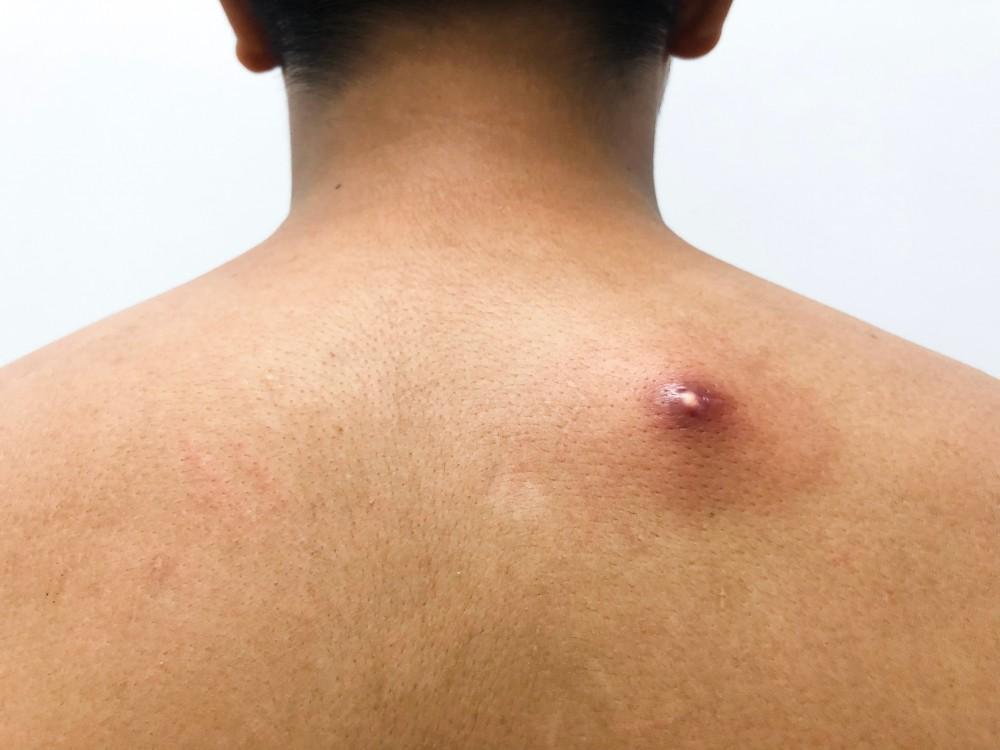Abscesses might not seem like a big deal, but without proper care, they can cause serious complications. Here’s why prompt medical care is important and how our treatment can help.
When it comes to managing your health, it’s tempting to take a wait-and-see or home remedy approach, especially if the problem you’re dealing with seems relatively minor.
Unfortunately, though, many minor problems can quickly become serious when medical care is delayed. An abscess is a good example.
Abscesses are a type of serious, advanced infection that can form virtually anywhere, and without prompt medical attention, this type of infection can rapidly spread and worsen. The good news: With appropriate treatment, abscesses can be managed and resolved, preventing widespread health problems.
At Vayu Advanced Wound Clinic and Hyperbarics in San Antonio, Texas, Dr. Badam uses advanced abscess treatment techniques focused on destroying bacteria and helping your body fight infection and heal naturally.
Here, she explains why prompt medical treatment is important for any type of abscess, including those that seem minor.
Quick facts about abscesses
Abscesses are pockets of pus that form in response to an infection. The pus is made up of dead blood cells, dead tissue, and other debris that forms as your body tries to fight off the invading germs.
An abscess that forms on your skin may look like a reddish lump or bump, and it might be warm, tender, or swollen. Sometimes, an abscess forms inside your body, causing a variety of symptoms depending on where the infection is located.
Skin abscesses often occur when you have a cut or abrasion that allows germs to enter your body. Some people are more prone to abscesses, including those who have:
- Diabetes
- Obesity
- Weak immune systems
Even something as simple as an ingrown hair or old eye makeup can wind up causing an infection and an abscess.
While some abscesses may go away with home care, like application of warm compresses, many abscesses are very stubborn, requiring medical treatment to relieve painful symptoms and eliminate the infection.
Without medical treatment, an abscess can lead to tissue death or a life-threatening infection called sepsis.
Abscess treatment: What to expect
To treat an abscess, we focus on draining the abscess and cleaning it to prevent the infection from spreading. Drainage is performed using a local anesthetic to numb your skin.
During the procedure, we make a tiny incision in the abscess to drain the pus, then apply antibiotics to the area as needed and dress the wound to prevent the infection from recurring.
For some abscesses, including abscesses that can form inside certain areas of your body, we use hyperbaric oxygen therapy. This technique floods your tissues with oxygen to promote natural healing.
Depending on the location and extent of the infection, we may recommend 10-14 treatments for optimal healing.

